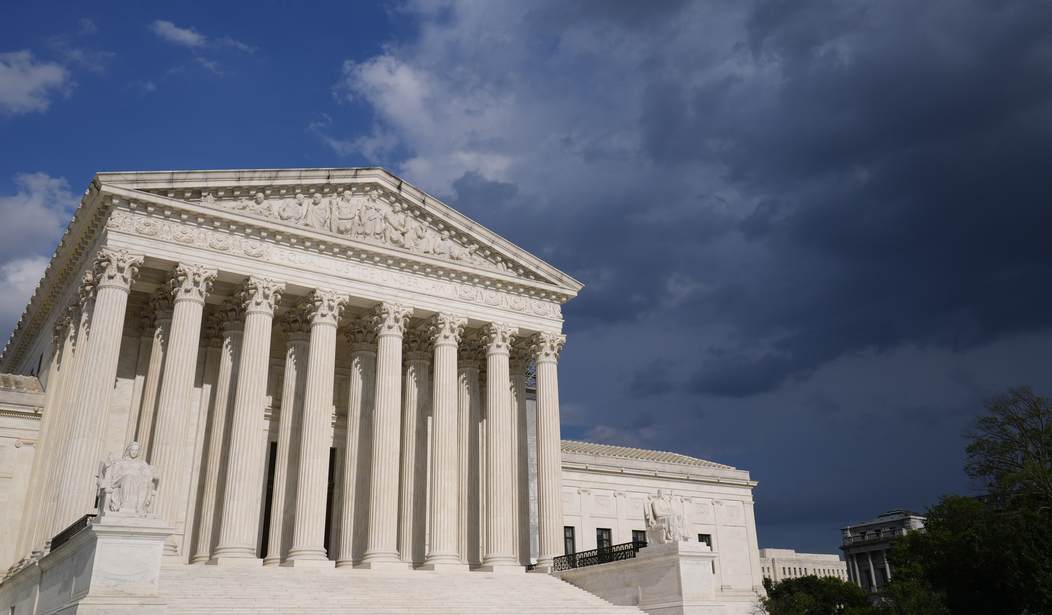The Supreme Court ruled 6-3 on Monday that presidents have immunity for official acts. Chief Justice John Roberts wrote the ruling, which also noted that "no court has thus far considered how" to differentiate between official and unofficial acts and sent the case back to the lower courts to resolve the issue. This move was a major victory for Donald Trump and a huge defeat for the Biden administration — particularly special counsel Jack Smith. But just how bad was it for Smith?
“It is these enduring principles that guide our decision in this case. The President enjoys no immunity for his unofficial acts, and not everything the President does is official," the opinion reads. "The President is not above the law. But Congress may not criminalize the President’s conduct in carrying out the responsibilities of the Executive Branch under the Constitution. And the system of separated powers designed by the Framers has always demanded an energetic, independent Executive."
Related: Supreme Court Rules on Trump Immunity Case
The opinion continues, "The President therefore may not be prosecuted for exercising his core constitutional powers, and he is entitled, at a minimum, to a presumptive immunity from prosecution for all his official acts. That immunity applies equally to all occupants of the Oval Office, regardless of politics, policy, or party."
"In reading through this opinion, I can't see how this doesn't induce cardiac arrest in the special counsel," George Washington University Law professor Jonathan Turley said on Fox News after the ruling was released. "The court is imposing a very significant burden on Jack Smith when this goes back to the judge."
Turley then referenced a key part of the opinion impacting the case:
The indictment’s allegations that Trump attempted to pressure the Vice President to take particular acts in connection with his role at the certification proceeding thus involve official conduct, and Trump is at least presumptively immune from prosecution for such conduct.
"The court then goes on, to say that the burden, of course, is on Jack Smith," he continued. "He has to show that this does not pose any intrusions into the executive branch. And the court says that there's—there that this quote, 'may well hinder the President's ability to perform his constitutional functions.'"
Turley explained further, "So here, the court is imposing a very significant burden on Jack Smith. When this goes back to [Federal Judge Tanya Chutkan]. We talked about how this trial judge has proven to be very favorable towards Jack Smith. She's certainly been motivated to try to get [...] a trial before the election. But the court here is giving much more clear lines than some people expected. They're saying that there is a presumption here that you have to deal with. The burden is high, and the court indicates that it may view this as something that could hinder a president's authority."
Jonathan Turley reads through SCOTUS' ruling affirming presidential immunity:
— Charlie Kirk (@charliekirk11) July 1, 2024
"In reading through this opinion, I can't see how this doesn't induce cardiac arrest in the special counsel...The court is imposing a very significant burden on Jack Smith when this goes back to the… pic.twitter.com/mYSoEqqC44
The Associated Press notes that the ruling "wiped out Smith’s use of allegations that Trump sought to leverage the investigative power of the Justice Department by ordering investigations into claims of voter fraud."
It's a devastating blow to the Biden administration's lawfare strategy against Donald Trump. At the very least, it makes it impossible for a trial to take place before the election.










